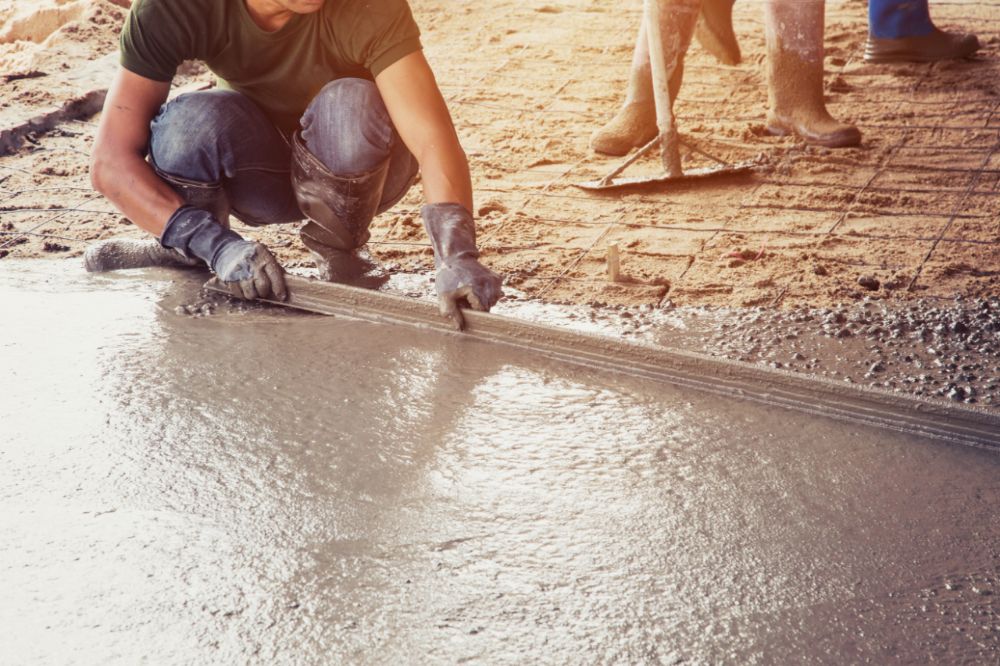When it comes time to start on your next big construction project, one of the main decisions you will need to make is the type of concrete you will need to use. There are many types of concrete materials and different forms that concrete comes in and it’s important to determine which one is right for your current project.
Selecting the Right Concrete for the Job
As hard and straightforward as concrete may seem to be, concrete is actually a complex material. It is made using a combination of cement, sand, water, and coarse and fine aggregates (different types of stones). By making changes to the proportions of each of these materials added to a concrete mix, the resulting product can end up having a lower weight and density or a higher weight and density. Each product within this spectrum has its benefits, but none of them are a one-size-fits-all solution.
For instance, low-density concrete is often considered a specialty type of concrete. The material is mixed in a way that lowers the weight per square foot. This results in a type of concrete that is very effective for using as insulation for large walls, but would be very ineffective as a solid foundation or exterior wall due to its lower strength.
Different Uses, Different Mixes
When it comes to creating a specialty mix for your specific project, the nuances of how your concrete is formulated can make a huge difference. In agricultural settings, the type of concrete mix you order will need to be formulated to have a higher durability against the effects of constant traffic from heavy machinery such as tractors, backhoes, and large trucks. Farm equipment also tends to have metal pieces that can scrape against the concrete, adding to the need for extra durability.
Other types of jobs will also need a mix that is specially formulated to match the needs of a certain type of work site, such as military bases, industrial sites, or construction sites with lots of rain or snow. You also may run into work environments where you need your concrete to set quicker than normal. For these instances, high and early strength concrete will be the types of mixes you’ll need.
Precast Concrete
Other jobs will demand precast instead of a ready-mix solution. Precast concrete comes in specialty shapes molded in a factory setting. One key difference with precast pieces is they are made in a highly controlled environment, both to make sure the material dries and sets the right way and to make sure the shape is accurate. There are many factors on an actual work site, such as weather, that could interfere with the molding and setting process.
Conversely, the demand for some concrete pieces can require very large final products that would be impractical to transport to a work site, in which case using a ready-mix solution would work best.
Contact Knight’s today to get a quote for your next project. We offer multiple types of concrete services.

